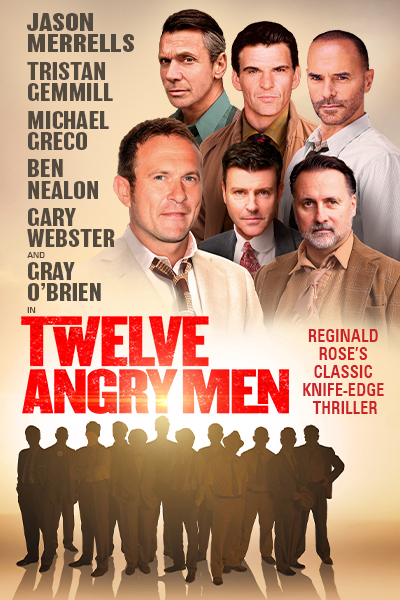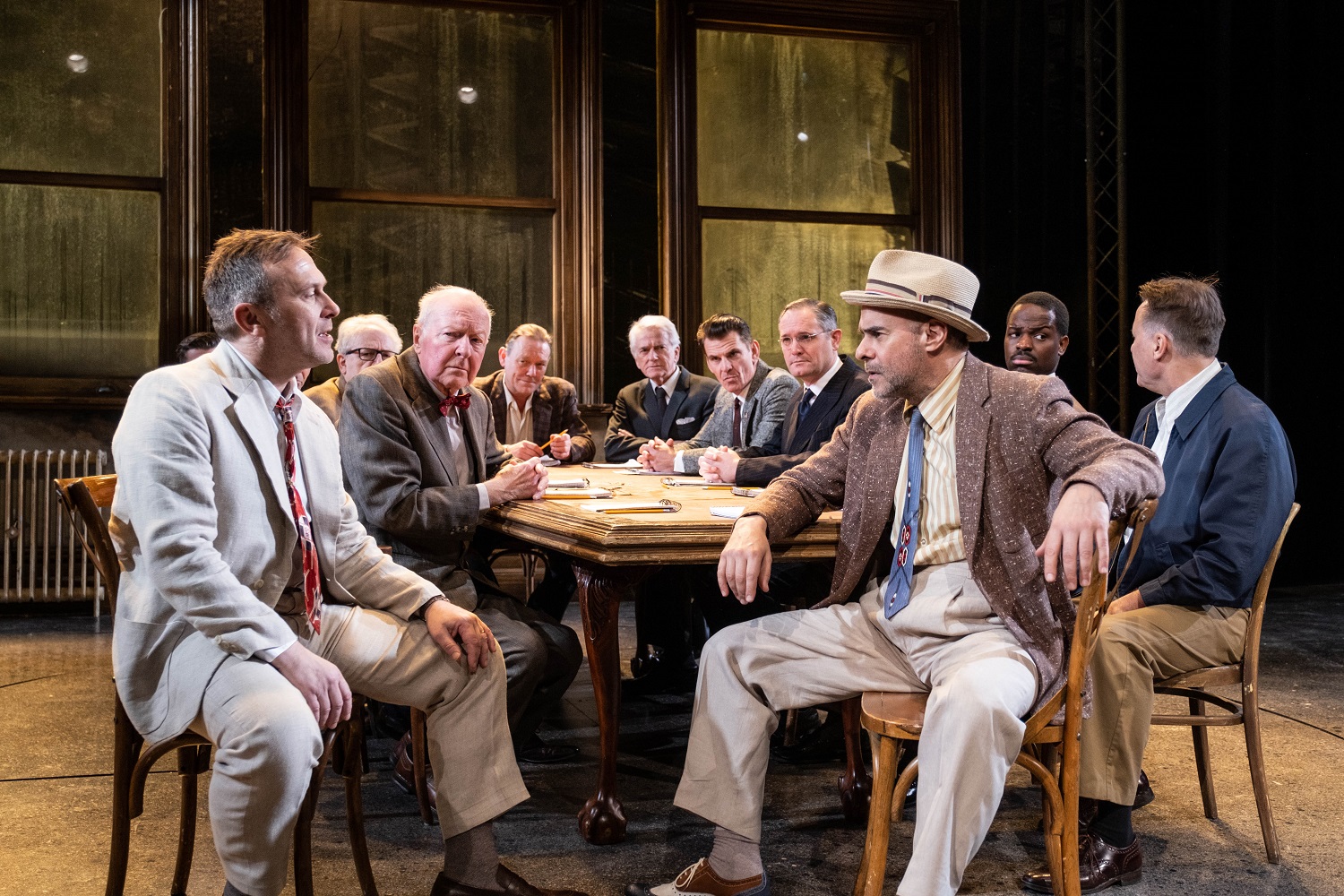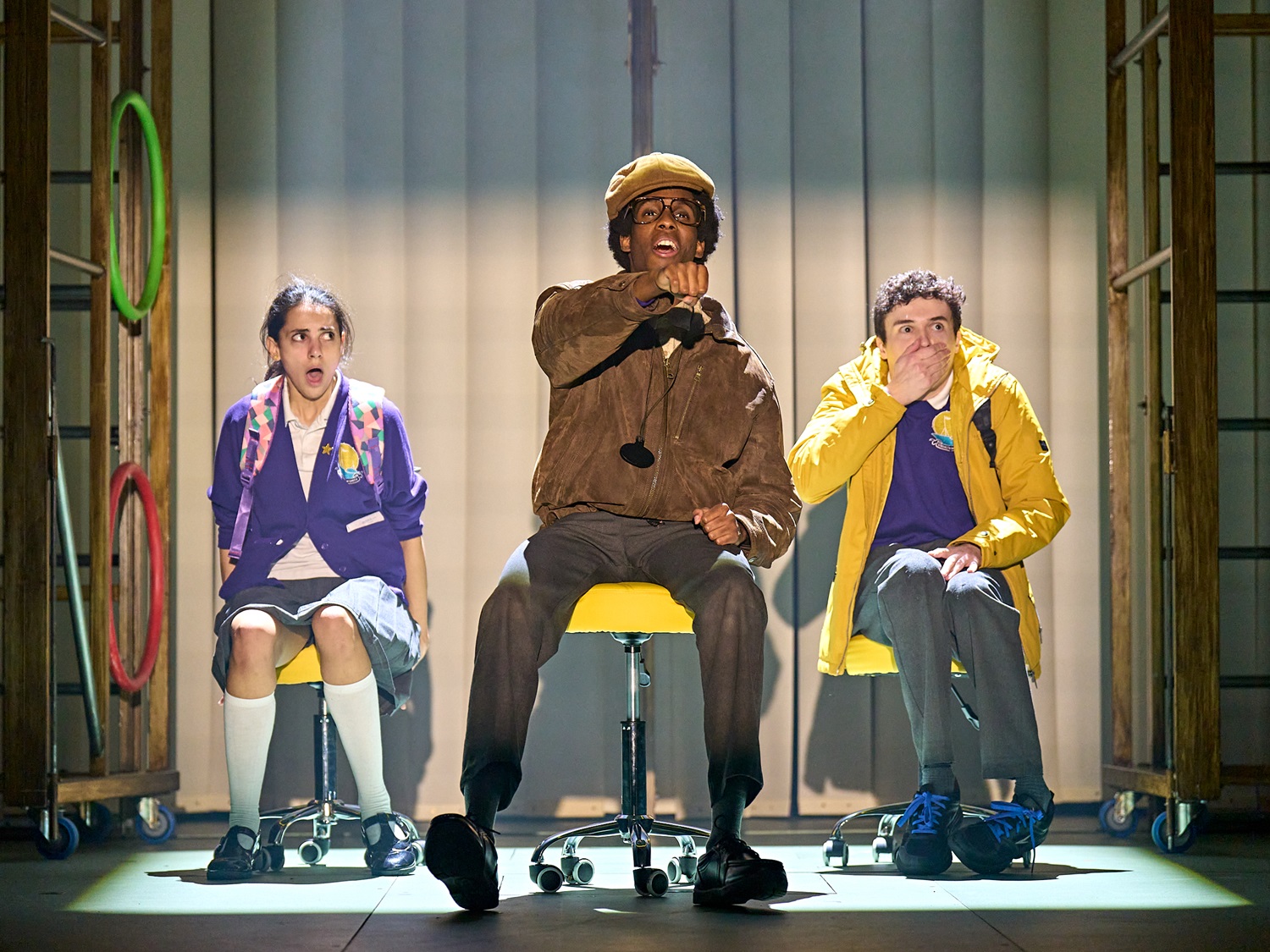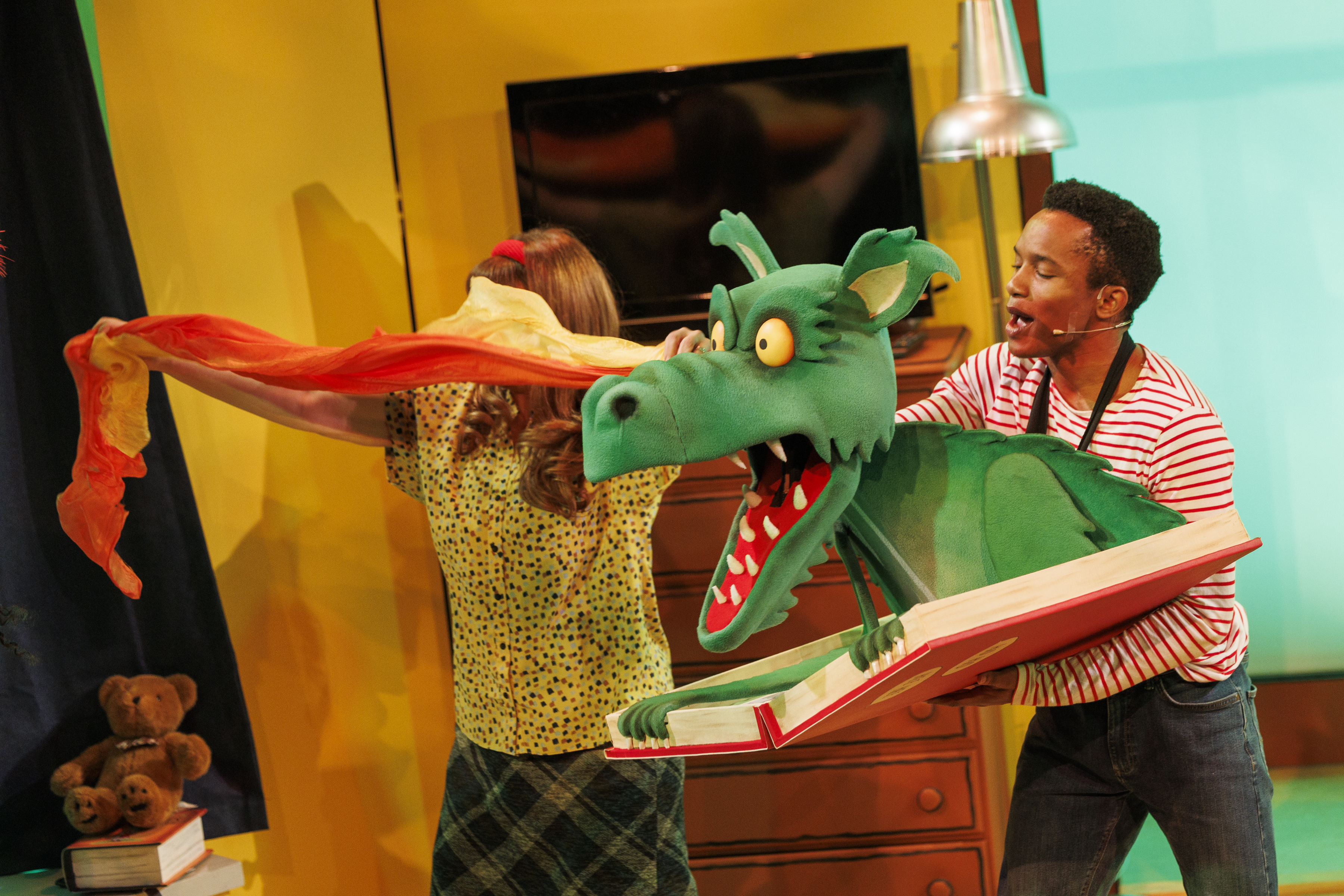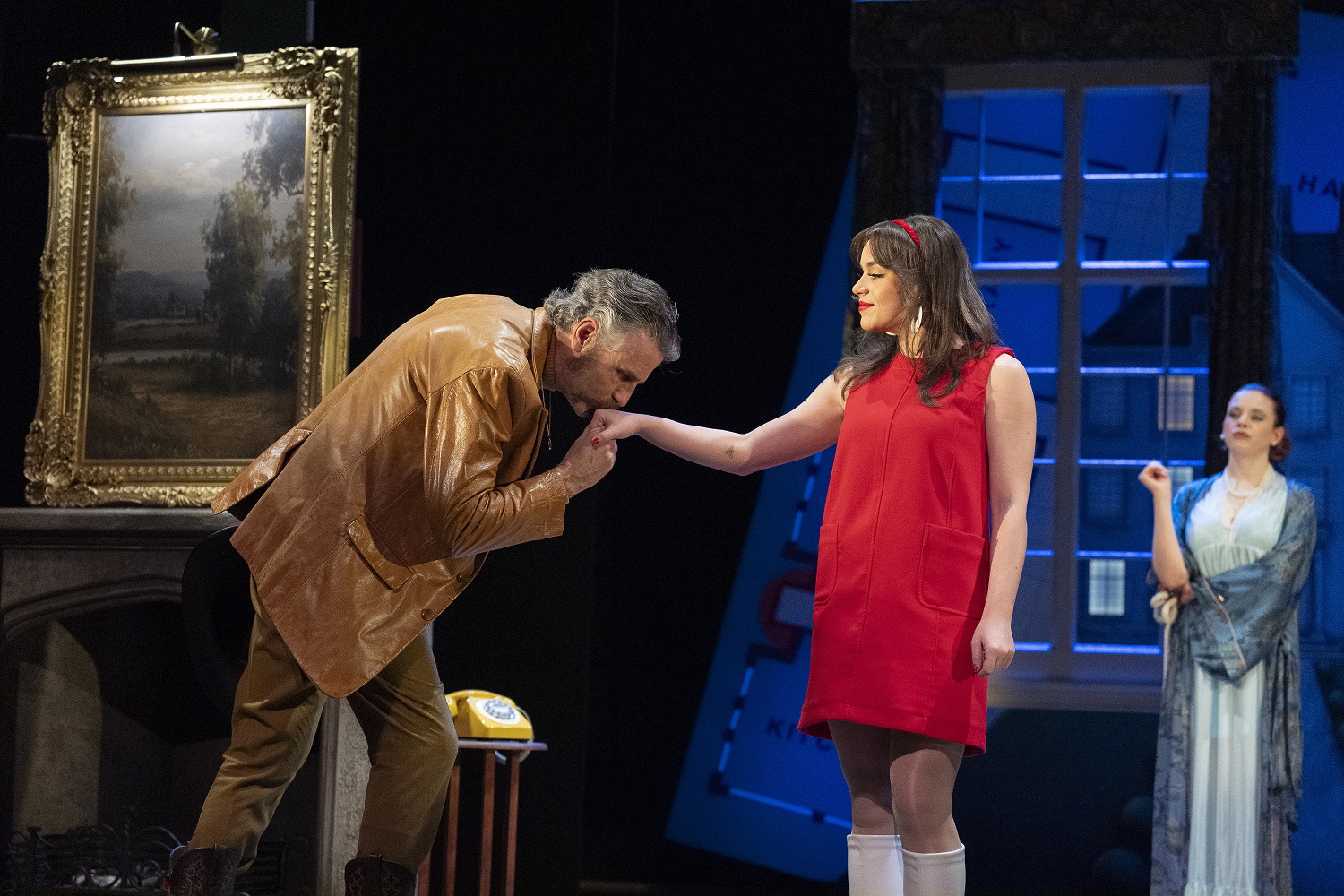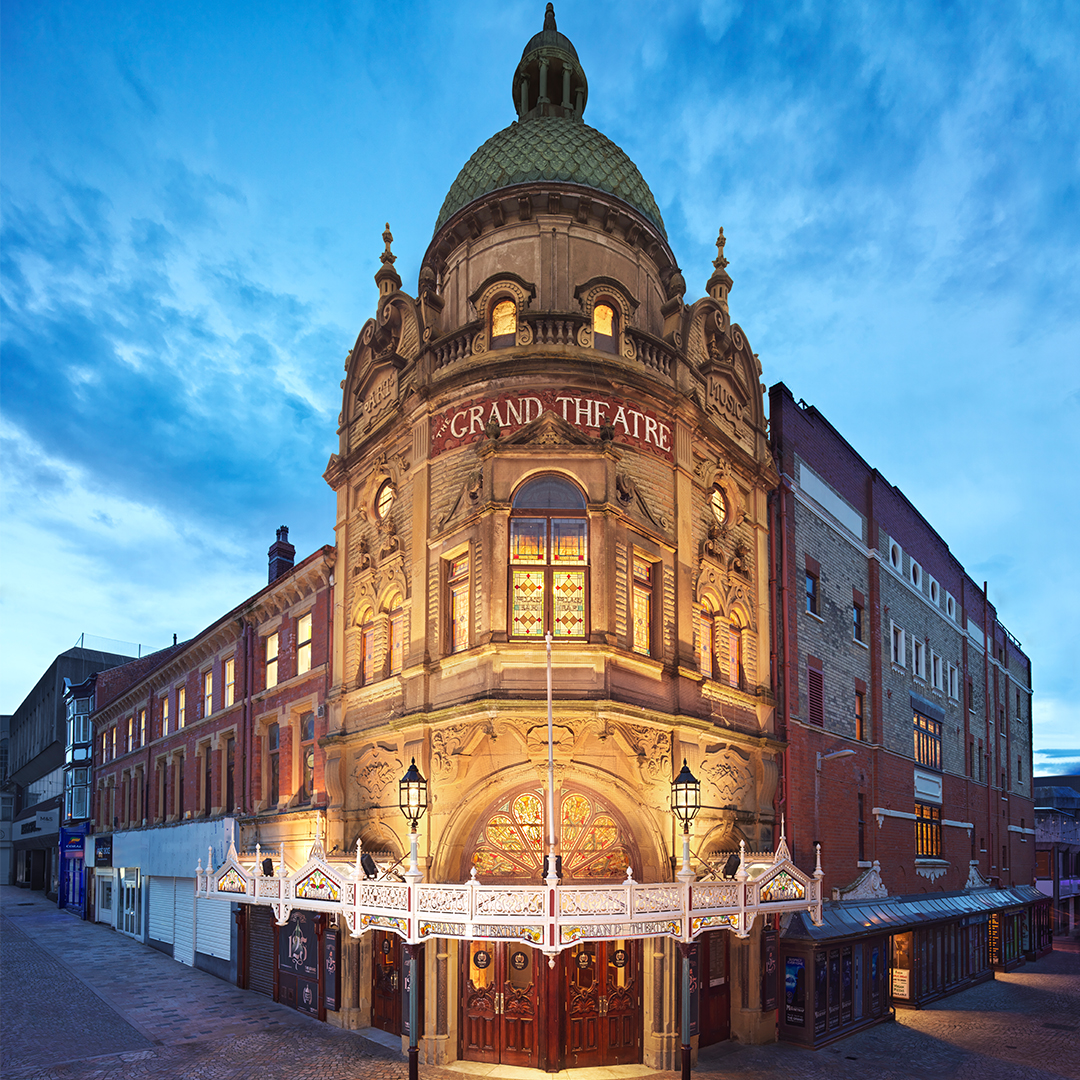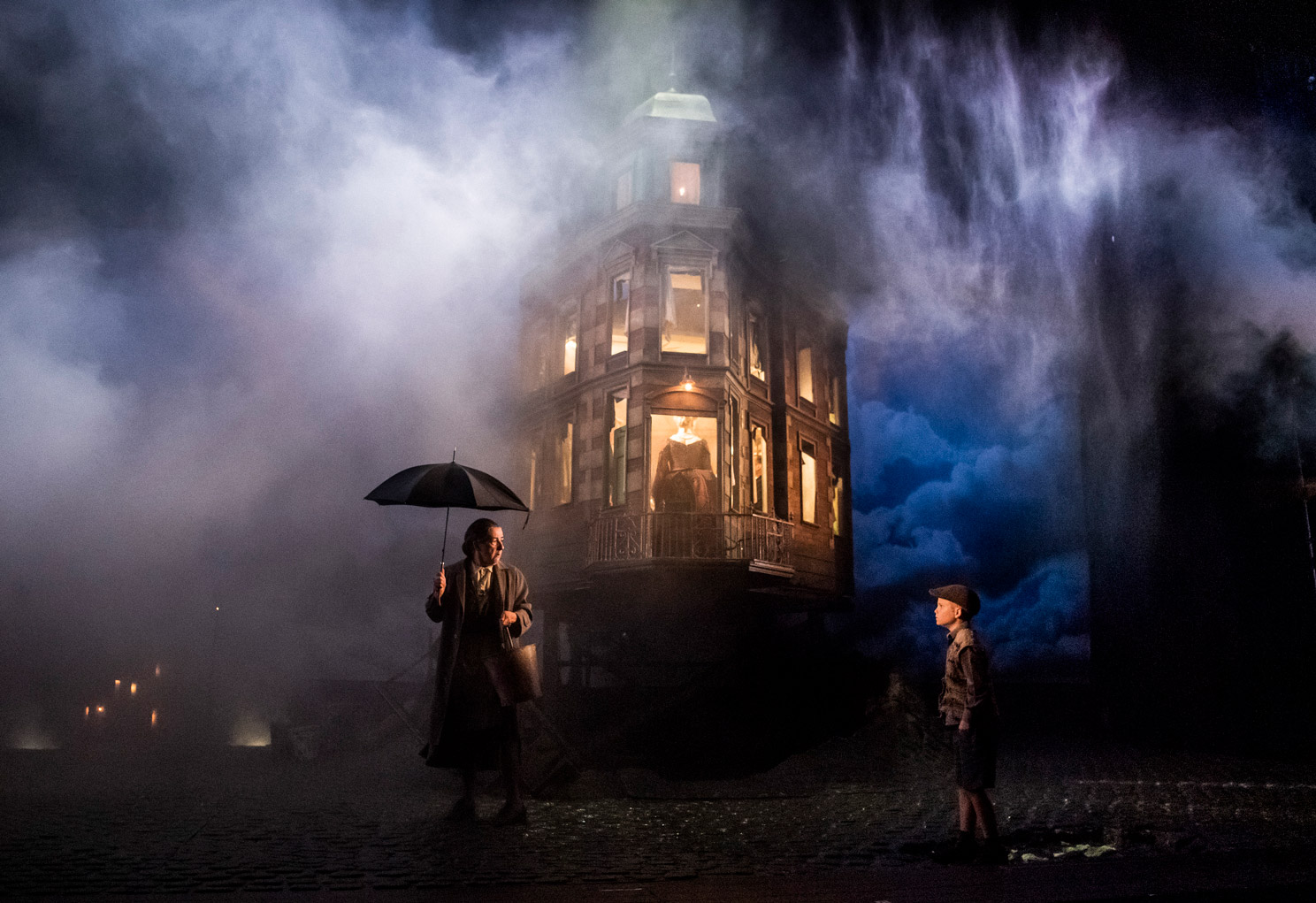
What Are The Best Theatre Plays Of All Time?
3 min read
Share
How does one choose the best theatre plays of all time? Amongst the wide variety of musicals, dramas, comedies, tragedies, and more, every play has brought something unique to audiences and theatre professionals alike.
We compiled a small list of some of the best plays of all time – it would take many days to list all of the amazing plays we’ve seen so far! – which are still important for today’s audiences.
Oedipus the King by Sophocles, c.429 BC
“How dreadful the knowledge of the truth can be
When there’s no help in truth.”
Also known as Oedipus Rex and Oedipus Tyrannus, Oedipus the King is a Tragedy of fate and free will. Oedipus, king of Thebes, unwittingly fulfills a prophecy in which he kills his father Laius, the former king, and marries his mother, Jocasta. A pillar of playwriting, Oedipus the King is a compelling story of the tragic downfall of unwitting patricide and incest.
Doctor Faustus by Christopher Marlowe, c.1592
“Hell is just a frame of mind.”
As the first epic tragedy in the English Language, Doctor Faustus (originally titled The Tragical History of the Life and Death of Doctor Faustus), is a play about the enduring myth of a German doctor selling his soul to the Devil for power and knowledge.
Hamlet by William Shakespeare, 1599
“The rest is silence.”
Considered by experts as one of the best – if not the best – plays from Shakespeare, Hamlet is a profound, vivid, and engrossing story filled with comedy, sublime poetry, and a variety of psychology for male and female characters.
Machinal by Sophie Treadwell, 1928
“I had to get out in the air.”
Written by American journalist and playwright Sophie Treadwell, Machinal is an expressionist play depicting the status of women in a society becoming increasingly mechanised. It also touches upon the torture of a loveless marriage. This play was inspired by the real-life case of Ruth Snyder, a convicted and executed murderer.
A Streetcar Named Desire by Tennessee Williams, 1947
“I have always depended on the kindness of strangers.”
Pulitzer Prize-winning A Streetcar Named Desire placed on the map the careers of Marlon Brandy, Jessica Tandy, Karl Malden, and Kim Hunter. This play tells the story of Blanche DuBois, who turned to her sister Stella for comfort after her world fell apart, only to come face-to-face with her unforgiving and brutal brother-in-law, Stanley Kowalski.
The Crucible by Arthur Miller, 1953
“Until an hour before the Devil fell, God thought him beautiful in Heaven.”
An allegory for McCarthyism, which is the practice of making unfounded accusations of treason of subversion without regard for evidence. The Crucible is the dramatised and somewhat fictionalised story of the 1692-93 Salem Witch Trials.
Waiting for Godot by Samuel Beckett, 1953
“There’s man all over for you, blaming on his boots the faults of his feet.”
Considered to be Samuel Beckett’s best work, Waiting for Godot is an absurdist play about two characters. Vladimir and Estragon, seemingly homeless men, are in an endless and vain wait for someone or something called Godot to arrive. The story has been interpreted as the inexhaustible search for meaning undertaken by mankind.
Long Day’s Journey into Night by Eugene O’Neill, 1956
“The past is the present, isn’t it? It’s the future, too. We all try to lie out of that but life won’t let us.”
The play Long Day’s Journey into Night is a Pulitzer Prize-winning, autobiographical play and regarded as Eugene O’Neill’s masterpiece. Seen as the pinnacle of American family drama, it portrays a frightening tale of a family torn by disease, career, and apathy.
A Raisin in the Sun by Lorraine Hansberry, 1959
“I want to fly! I want to touch the sun!”
“Finish your eggs first.”
This phenomenal drama of an African-American family moving to a new neighbourhood to better themselves continues to be one of the greatest plays. The themes and plot elements in A Raisin in the Sun speak to audiences of all generations and races, cutting across chronological and ethnic divides.
Who’s Afraid of Virginia Woolf? by Edward Albee, 1962
“I dance like the wind.”
Who’s Afraid of Virginia Woolf? is a drama that analyses the complexities of Martha and George’s marriage. They draw in the unwitting younger couple, Nick and Honey, into their frustrated and bitter relationship.

